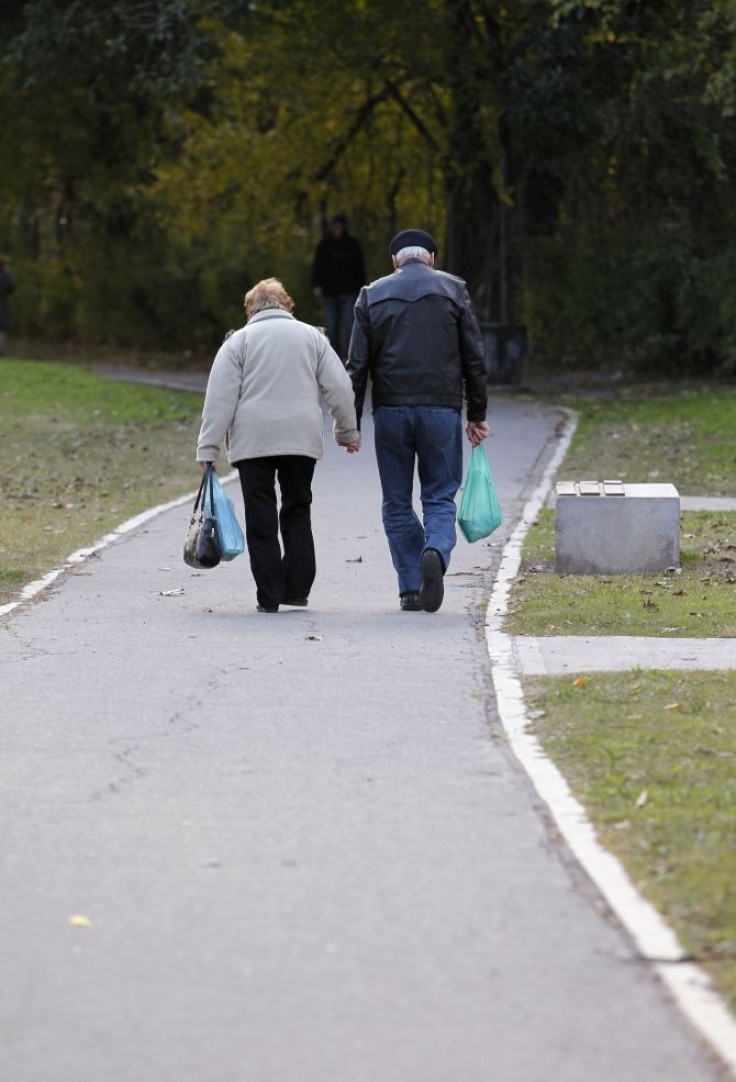Higher Blood Pressure Linked to Lower Risk for Mortality Among Old, Frail Adults

Higher blood pressure is associated with lower mortality in elders who are weak and walk slowly whereas in people who walk at normal speed higher blood pressure increases mortality, a new study says.
According to researchers, blood pressure affects frail adults differently than in older but healthier adults. In people who are weak, higher blood pressure may be the body's way of surviving than rather than being a disease.
"As we age, our blood vessels lose elasticity and becomes stiff. Higher blood pressure could be a compensatory mechanism to overcome this loss of vascular elasticity and keep fresh blood pumping to the brain and heart," said Michelle Odden, a public health epidemiologist at Oregon State University and lead author of the study, in a statement.
The study was based on 2,340 adults ages 65 and older. Participants were divided into 3 groups based on their walking speed. To judge their walking speed, participants were asked to walk a distance of 20 feet. Those who walked less than 0.8 meters per second or a little over two feet were defined as slow-walkers and those who walked more than 0.8 meters per second were defined as fast walkers.
The third group included people who couldn't walk 20 feet due to other medical reasons.
According to researchers mortality differences occur in older populations because people age differently and that higher blood pressure may not always be a disease.
"There is a profound difference in the physiological age of an 80-year-old man who golfs every day, and someone who needs a walker to get around. So in the fast walkers, high blood pressure may be more indicative of underlying disease, not just a symptom of the aging process," she said.
Previous research has shown that walking speed predicts onset of dementia and Alzheimer's disease. In the present study, researchers say that, taking walking speed into account while treating blood pressure can help physicians provide the right treatment.
Researchers in the present study found that old people with high blood pressure who weren't able to move around had a decreased rate of dying early than those who walked fast. This study is the first of its kind to explore links between walking speed, high blood pressure and mortality. Researchers say that more studies are required and that people should not make decisions regarding health based on these findings.
"Any sort of decision regarding medication use should be done in consultation with a physician. Our study supports treating high blood pressure in healthy, active older adults. But in frail older adults, with multiple chronic health conditions, we need to take a closer look at what sorts of effects high blood pressure could serve and whether having a higher blood pressure could be protective," she said.
The study was published in the Archives of Internal Medicine.



























